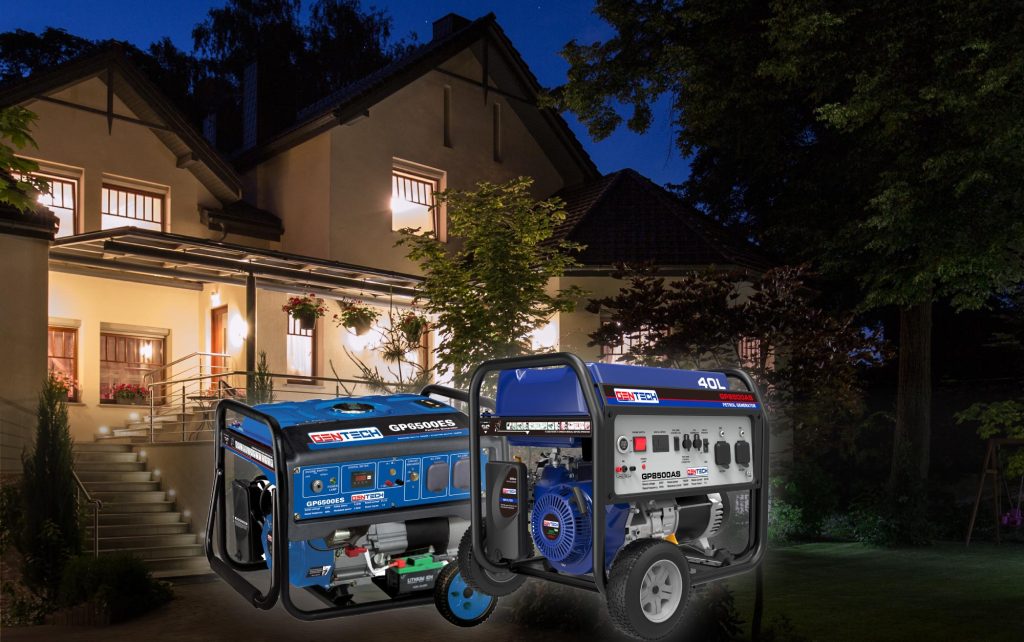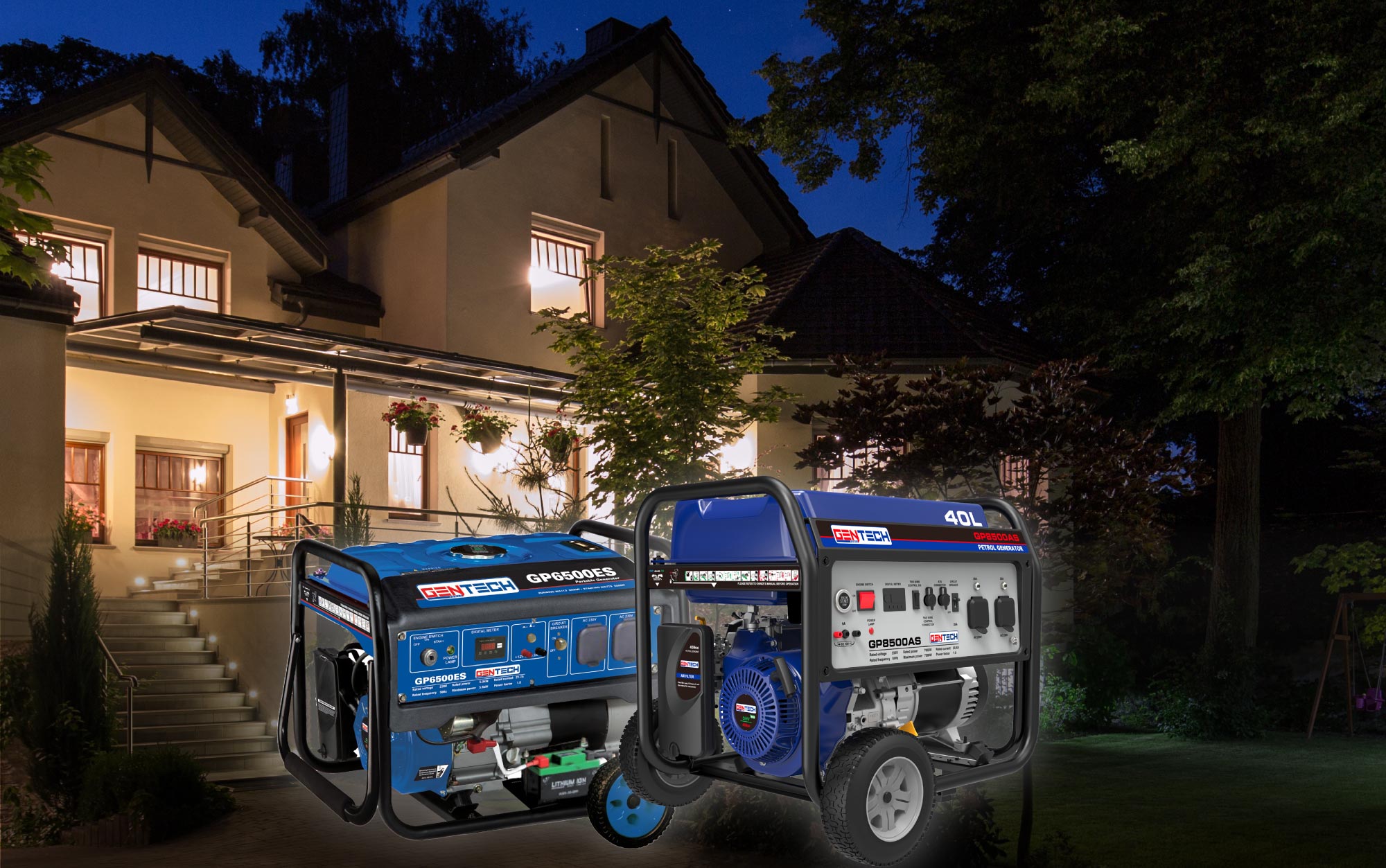
Frequently Asked Questions About Petrol Generators
The petrol generator is vital to many industries, but it also has numerous recreational uses. No matter how you use your generator, you probably have a few questions about its proper maintenance and use.
There can be a lot of confusion when it comes to buying and maintaining a generator. Like any machine, there’s a learning curve when it comes to a generator’s proper use and care. Here are some of the most common questions we receive about owning a generator that we’ll be answering in depth today. We hope you find it helpful!
What is a generator used for?
Multiple industries use generators for a variety of purposes. In essence, its purpose is to provide power in areas you don’t have access to a (working) power grid. In industries such as construction and mining, which operate in primitive environments, generators are indispensable. Off-grid camping or load shedding are also ideal times to use them.
Your needs will determine how you use your petrol generator. It could be for industrial purposes, recreation, or as a power backup system for your business. Generators can help power all these environments, ensuring you’re able to stay productive and comfortable no matter what.
Are there different types of generators?
A portable generator, an inverter generator, or a standby generator are the three main types of generators available today.
Powered by petrol, portable generators provide temporary electrical power which are commonly used on camping and construction sites.
An inverter petrol generator consists of an engine that’s connected to an alternator to generate alternate current (AC) power. It also converts AC power into direct current (DC) using an inverter, unlike other generators. Lightweight generators like these can easily fit into cars and boats.
When power is lost, a standby generator is triggered by an automatic transfer switch. Life support equipment, fire suppression systems, standby lighting, and elevators all use it in safety contexts.
What’s the best generator for caravanning and camping?
Inverter generators like those in our Gentech range are ideal when camping or caravanning with a generator. They are more compact, less noisy, and produce clean power that won’t damage your electronics.
When camping there are also a few things to keep in mind.
- To begin with, how big does your generator need to be? The answer depends on what you need to power. Most caravanning setups will get by on a 2000 – 2400W generator. You will be able to power laptops, TVs, and even microwaves individually. If you’re adding air-conditioning to the equation then you’re best bet is to opt for the higher end of the scale at 2400W – 2500W.
- The noise level is the second thing you need to consider. While camping or parking in campgrounds or caravan parks, generators can be loud, disrupting both you, your neighbours and the natural habitat. Generator noise levels are often restricted in caravan parks. Make sure you ask about the noise output of the generator at full load when you’re shopping for one.
How do I store my generator?
Properly storing your generator will ensure its longevity. Prepare your generator for storage by doing the following:
1. Empty the fuel tank or add fuel preserve
You should empty the fuel tank or add fuel preserve if you intend to store your generator for more than three months. By using either method, you will avoid your fuel going off while your generator is idle, which could potentially cause damage to the engine’s internal components.
Make sure you check the instructions before using fuel preserve to ensure that it will last long enough for your storage period.
2. Cover the generator
It’s important to protect your generator from dust and the elements when it’s in storage. The easiest way to do this is by using a cover. Covers come standard with most models, so be sure to store yours safely.
3. Prevent corrosion
When storing a generator for a long period of time, you’ll want to prevent corrosion in the cylinder bore. In order to do this, you can:
- Remove the spark plug and inject a few drops of oil into the plughole
- Gently pull the recoil starter a couple of times
- Put the spark plug back in the plughole
- Pull the recoil starter once more until you’re able to feel resistance, then leave it in that position
Should I use a diesel or petrol generator?
When it comes to generators, choosing between diesel and petrol can be tricky. Each has its pros and cons and tends to suit different purposes.
Engines powered by diesel are more fuel-efficient, tend to last longer, and have no ignition system. Compared to petrol engines, they have a slower depreciation rate, which makes them a wise choice for heavy industrial applications.
Petrol generators, on the other hand, are suitable for projects and applications that already use petrol. The most common example is a DIY situation or a small-scale project.
Get expert advice
Generators are incredibly useful machines to have on hand. Whether you’re using it for camping or in a worksite context, choosing the right petrol generator will keep you productive, comfortable, and safe.
Now you now know the answers to a few of our most frequently asked questions about generators. Do you still have questions about owning a petrol generator? We’ll be happy to answer any questions you may have. Feel free to contact us today and one of our generator experts will be able to assist you.



